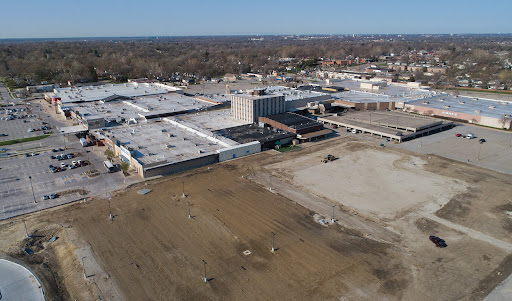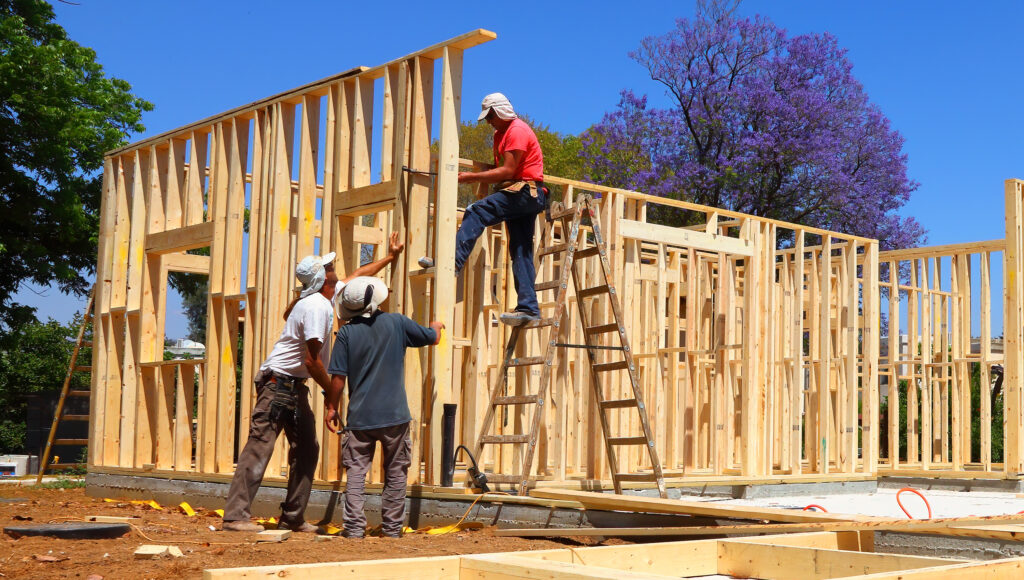A Closer Look: Mark Phillips
Executive director, Polk County Continuum of Care Board

JOE GARDYASZ Nov 6, 2015 | 12:00 pm
4 min read time
1,012 wordsArts and Culture, Business Record Insider, Economic DevelopmentWhen Mark Phillips was working as a banker for high-wealth clients In Denver, rather than taking them golfing, he would invite them to help him serve meals at homeless shelters. Many, in fact, joined him. An Iowa native, Phillips returned to Greater Des Moines in 2009 to be closer to family and worked as a banker with Bankers Trust Co. before his volunteer experience in advocating for the homeless led him to this job in July. In his newly created position, Phillips will coordinate the activities of the 24-member board, which is one of about 460 Continuum of Care programs across the United States that receive funding through the U.S. Department of Housing and Urban Development. The board’s mission is to serve as a public-private partnership to address homelessness in Polk County, with a goal to halve homelessness by 2020.
What sparked your interest in homelessness?
I’ve always done or been involved in stuff that has helped low-income or homeless individuals, starting from doing mission trips as a kid, to most recently being involved at a board level with two organizations that help the homeless in town (Primary Health Care and Central Iowa Shelter & Services). It’s always been something that my wife and I have had within our hearts and in our lives that we’ve acted on, and we’ve enjoyed the work.
How did this position come about?
Relatively early when I was here in town (in 2009), a former client told me the community was looking to create a strategic partnership for the homeless. … I said, “Let me know when they’re ready to have someone to lead them.” This past February, that person reached back out and said they’re ready to hire someone.
How is your job structured?
If you were to take a sheet of paper and divide it in half, one half looks like creating advocacy, education and assistance to organizations that are doing the homeless work right now, and that are helping these six (groups): adults, families, vets, chronic homeless, the campers and young adults. The other half I would consider funding, continued advocacy, program enhancement and new programs. Within that half, a slice of it is applying and managing the current HUD grant that we have. . . . That grant is just shy of $2.8 million, and that is really a sliver. To really turn the needle on homelessness in our community, it’s clearly not enough.
What are your immediate goals?
I’m working on creating a strategic plan for our community on homelessness that can be implemented and directed by our organizations throughout town.
There isn’t already a strategic plan?
There are a lot of initiatives, but there isn’t a greater plan between all of the organizations to say, “How are we doing this?” They’re working together, but there maybe just isn’t anything written in terms of making processes more effective and efficient for users and the community as a whole.
What are some other goals for the board?
Creating an environment and a culture where we, both as providers and community members, are striving for clear, identified goals that we holistically can run after. One goal the board did come out with a couple of years ago: Reduce homelessness by 50 percent by 2020. That’s a very big, hairy, audacious goal, but (we need to determine) what are the plays we’re going to run to get there.
How does the new Central Iowa Intake program at Central Iowa Shelter & Services (CISS) fit into what the Continuum of Care board (COCB) does?
Prior to (working on) a strategic plan, the COCB was able to identify some low-hanging fruit, and one of those was centralized intake. … The Continuum of Care had identified that Primary Health Care was already doing a lot of homeless and street outreach. I think this fits best because of what you’re already doing. This an example of looking at, how does this fit in our continuum of care? … Right now, we’re working with our providers to see how we can make this better.
Are there lessons to be learned from other COCBs?
Portland, Ore., has a COCB that’s very functional and mature; I would say Denver, Salt Lake City, San Antonio and Columbus are cities that are going to be used as benchmarks. HUD has a COC exchange online that provides broad objectives of where they want their funds to go, but there’s nothing that says what every step looks like. That’s the innovative piece: How can we be creative and look at what other communities are doing and tailor it to what will work in our community?
What’s the board’s relationship to the Polk County Homeless Coordinating Council?
We will really work in tandem. The council has city and county officials and community members on it, both from the funding side and the corporate side. Together we’re working on creating this strategic plan. I kind of look at them as an extension that can help with direction and resources along the way. You could say they’re a dancing partner; we provide info for them to really help set the course together.
What do you bring from your professional and volunteering background?
Just a different perspective, a fresh perspective. What I’ve noticed is we have passionate people in this community who have been in this industry for a long time and who you just can’t replace. I think I bring a young, fresh perspective, the ability to ask questions and listen, and the desire to want to include and be inclusive.
Is faith an important part of your life?
I am active in my faith, and I think that’s probably a piece of what continues to drive this. Jesus asks us to be with the least of us. … I think that it’s something whether you’re connected to your faith or not, that people can engage with each other and help. I don’t want to fight about whose god is right or wrong; I want to say, how can we help together and be inclusive?









